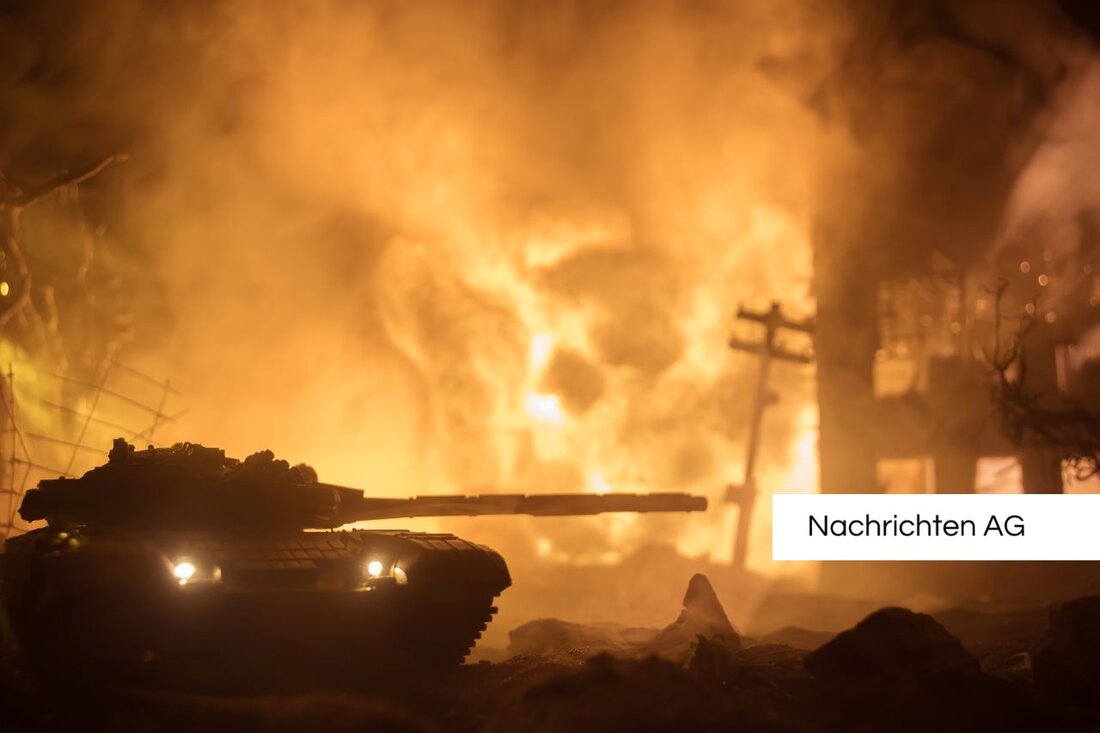Hungary plans controversial pipeline: Cooperation with Serbia sets signals!
Hungary plans controversial pipeline: Cooperation with Serbia sets signals!
Ungarn, Land - Hungary Foreign Minister Peter Szijjarto has announced a new pipeline project to combine Hungary and Serbia. This is a strategic step in times when the country is faced with the pressure of the European Union to reduce Russia's influence. Currently, over 20 million cubic meters of natural gas flow through Serbia to Hungary every day. Szijjarto emphasized that this infrastructure project should be completed by 2027 and will reach a length of 180 to 190 kilometers on the Hungarian side. The pipeline is part of the efforts to redesign the Central European energy landscape and intensify the cooperation between Hungary and Serbia.
Szijjarto particularly emphasized the role of Serbia as a central transit country for regional energy supply. The Hungarian Prime Minister Viktor Orban has repeatedly spoken out against a complete EU import ban for Russian energy deliveries and signals a willingness to talk if the EU would make compensation payments for the loss of Russian imports. In addition, the Hungarian government plans to double the transmission capacity for electrical energy between Hungary and Serbia, which should strengthen the cooperation between the two states in the electricity sector.
energy policy in Hungary: a game with the fire
Viktor Orban pursues a course in Hungarian energy policy that relies on state -prescribed price reductions and renationalization. Despite previous warnings regarding the dependence on Russia, which he described in 2008 as dangerous, the Hungarian government plans to build the South Stream pipeline with Russia. This decision is made at a time when the EU stopped the project due to the Ukraine conflict. The former State Secretary Attila Holoda criticizes Orban's energy policy as a populist and without the support of western countries.
Russia also finances the construction of two new nuclear power plant blocks in Hungary. Over 80% of the natural gas in Hungary is currently coming from Russia, which has been marketed by foreign companies. Orban's goal is to integrate Hungarian companies into this role in order to keep energy prices low for the population. However, it remains unclear what costs the Hungarian society will bear for this strategy.
The challenges of European energy supply
European energy policy faces huge challenges. After signing the Paris climate agreement in 2015 and the European Green Deal 2019, the EU undertakes to reduce emissions by at least 55% compared to 1990 by 2030 and to create a climate -neutral continent by 2050. However, the current conflict with Russia and the associated uncertainties in the energy market shows how explosive the situation actually is.
fossil energies make up a significant part of the EU-wide greenhouse gas emissions, and the war in Ukraine has questioned the previously hegemonic role in Russia in the European Energy System. The EU urgently needs to diversify its energy supply and expand the infrastructure. Commission and member states strive to reduce the residence permit for fossil energies and to promote the market high run of renewable energies and hydrogen. But the short deadline and the interruptions in the supply are indignant.
The Hungarian strategy, especially with regard to natural gas supply, could have a long -term complicated effect on regional and European energy security, which could manifest itself in an apparently infinite cycle of energy dependency and geopolitical tensions.
| Details | |
|---|---|
| Ort | Ungarn, Land |
| Quellen | |


Kommentare (0)